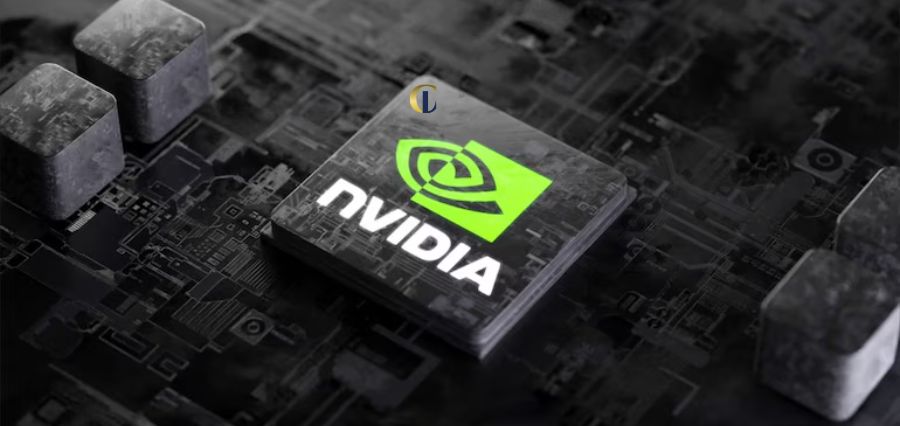Prime Highlights
- Nvidia and AMD will both get 15% of China semiconductor sales to the US government.
- The two companies are permitted to continue to hold licenses selling high-end chips in China under strict export controls under the agreement.
Key Fact
- The payment is for Nvidia’s H20 GPU and AMD’s MI308 accelerator.
- The agreement has been described as unprecedented in semiconductors history.
Key Background
US semiconductor firms Nvidia and AMD have entered into a historic deal with the US government to waive 15% of their revenue based in China for some of their best chips. The companies are allowed to keep selling in one of the world’s largest semiconductor markets and remain under expanding US export controls.
The deal relies on Nvidia’s H20 graphics processing unit (GPU) and AMD’s MI308 data center accelerator, both of which have been under export restrictions in the name of national security. The US administration has taken cognizance of the chips being deployed in their military role in sophisticated weapons systems and intelligence operations despite being intended for civilian use.
Nvidia H20 chip was redesigned to accommodate China specifically following previous versions being banned by US law. The additional restrictions later in early 2025 damped its export nonetheless. The 15% revenue-sharing arrangement gives a legal cover for sales but does massive harm to businesses’ margins. AMD as well, the MI308 is similarly restricted, making China a challenging market without it.
This came after cautious easing of US–China economic relations. China recently eased its rare earth export controls and the US partially retreated from chip design software controls. In May 2025, both nations agreed to a tariff standstill freeze, although long-term settlement remains doubtful. Analysts consider the Nvidia and AMD acquisition a precedent-setting model that will shape future trade deals in the tech industry, particularly where security and commerce intermingle.
In the wake of the fact that the semiconductor industry is currently experiencing international supply chain problems, this deal proves that it is a narrow line between having a foothold in the marketplace, implementing security measures, and getting along in the high-tech industry.
Read Also : Trump Urges Immediate Resignation of Intel CEO Lip-Bu Tan Over Conflict Allegations





